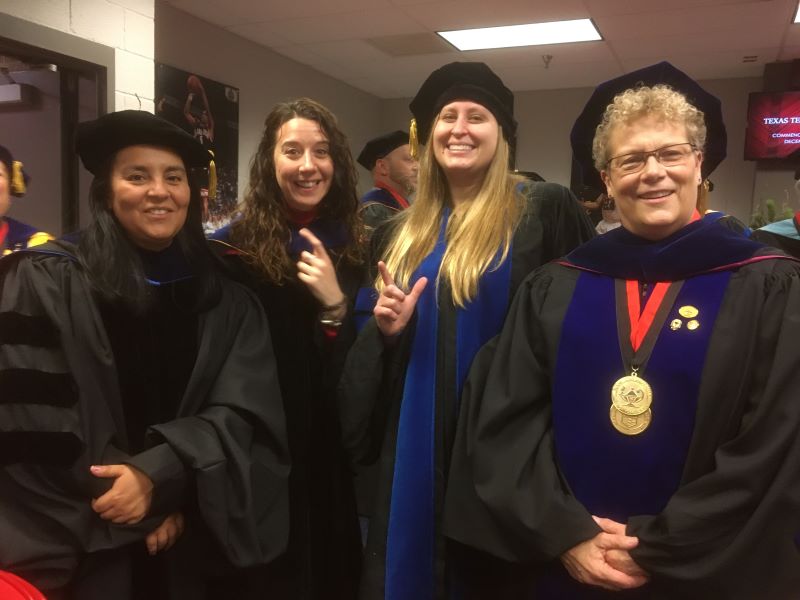
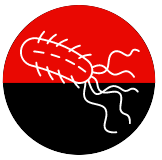 MICROBIOLOGY & IMMUNOLOGY
MICROBIOLOGY & IMMUNOLOGY
•Infectious diseases •Polymicrobial interactions •Biofilm community structure •Protist diversity and evolution •Comparative genomics •Phylogenomics •Bioinformatics •Inflammation: macrophage responses to pore-forming toxins •Molecular Parasitology •Microbial Metagenomics •Population and Comparative Genomics •Symbiosis & Microbiomes •Viral Evolution
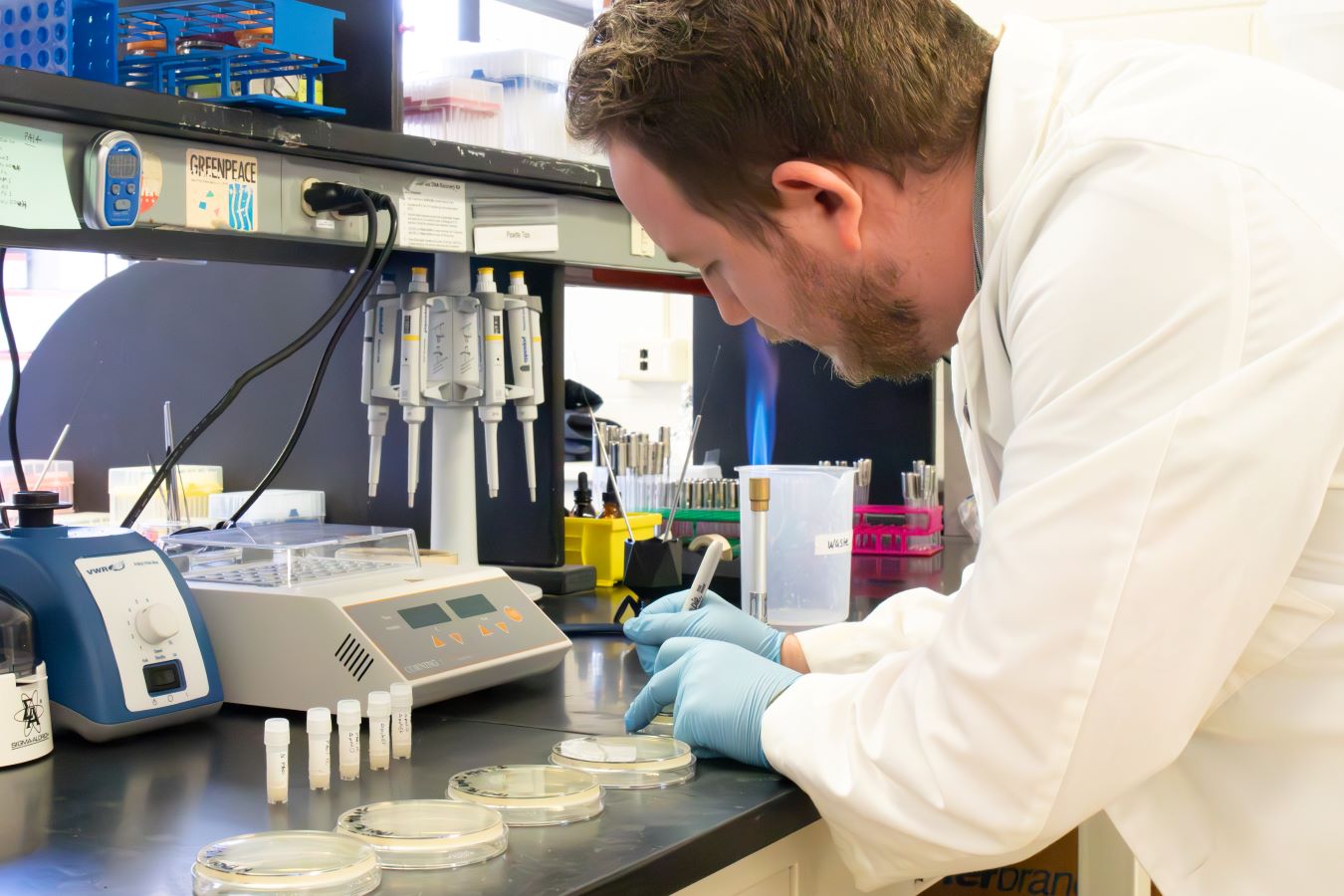
RESEARCH
Are you interested in the role microorganisms play in our environment and in our lives? A B.S. degree with an emphasis in Microbiology is designed to teach students about diverse microbes including viruses, bacteria, fungi, and protists with a particular focus on understanding how these microorganisms interact with each other and with us, either as disease-causing agents or as beneficial components of our microbiomes. Our microbiology faculty engage in research on a variety of topics. For example, we have researchers interested in medically-relevant topics such as bacteriophage therapy, biofilm formation at sites of infection, and microbial toxins in human pathogens. We also have significant research being conducted using metagenomics to study the composition of microbial communities impacting human, animals, and plants. Students interested in becoming involved in these research areas are encouraged to contact our faculty to learn about research opportunities.

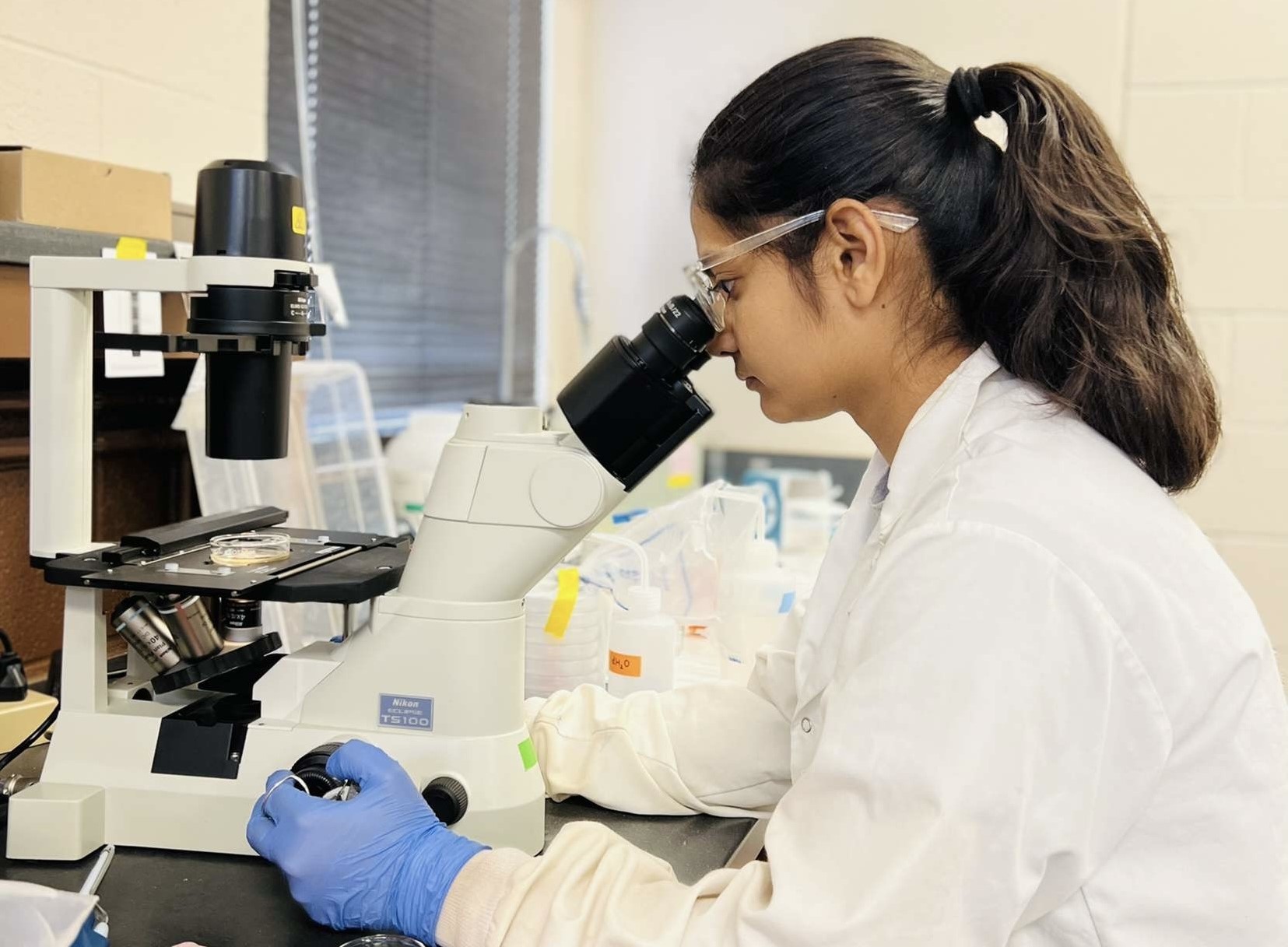
TEACHING
TTU Biology offers a wide range of microbiology for majors and minors courses from Physiology of Bacteria, Introduction to Virology, Biofilms, Molecular Pathogenesis of Protozoans, Microbial Ecology, Immunology and Serology, Biology of Fungi, Pathogenic Microbiology, Genetics of Microorganisms, and Parasitology. Core courses like Microbiology (non-majors) and Principles of Microbiology (majors) are offered year round as face-to-face or online courses. Check out our microbiology degree options below.
Microbiology Course Descriptions

MICROBIOLOGY DEGREE OPTIONS
Interested in studying microorganisms and their effects on other living organisms. This includes studying organisms like fungi, bacteria, viruses and other microorganisms. For undergraduate students, we offer a Bachelor's of Science in Microbiology. Read more about our microbiology undergraduate degree.
For graduate students, we offer a thesis-based Master's of Science Degree in Microbiology, as well as a non-thesis/coursework based Master's of Science Degree in Microbiology. Read more about our microbiology graduate degree options.

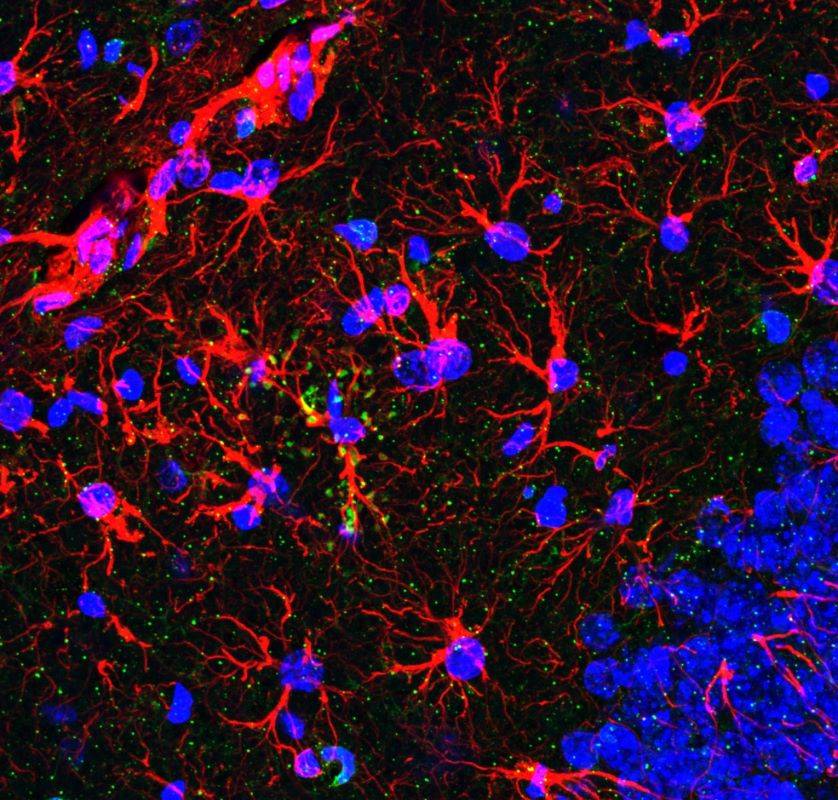
College of Arts & Sciences Microscopy (CASM)
Many TTU Biology faculty and students utilize the Texas Tech University College of Arts & Sciences Microscopy (CASM) center. as part of their research. College of Arts & Sciences Microscopy Imaging Center (CASM) houses some of the most cutting edge microscopy equipment on campus. They offer a graduate course, Techniques in Electron Microscopy and Micro-Analysis, and have variable rates based on microscope use. Read more about the CASM center.
Department of Biological Sciences
-
Address
Department of Biological Sciences, Texas Tech University, Box 43131 Lubbock, TX 79409 -
Phone
806.742.2715 -
Email
biology@ttu.edu

